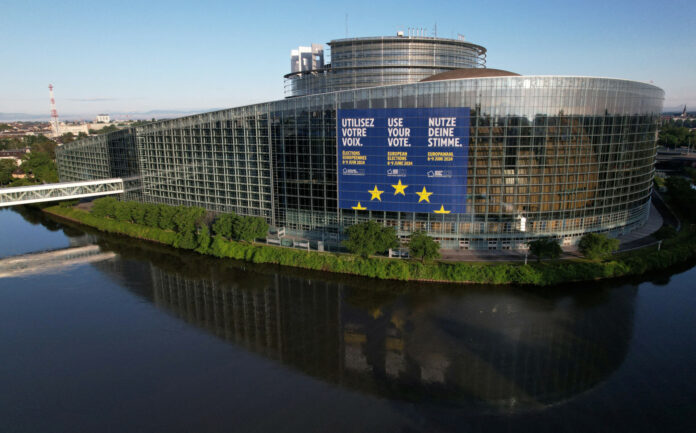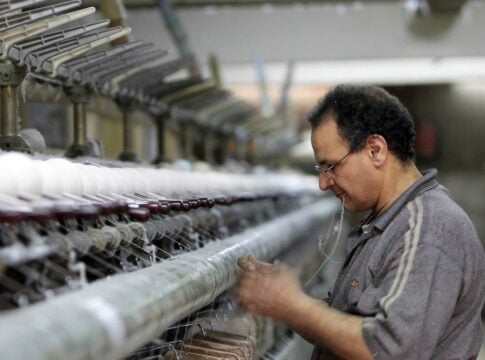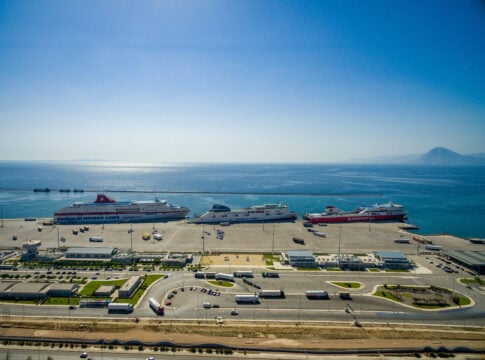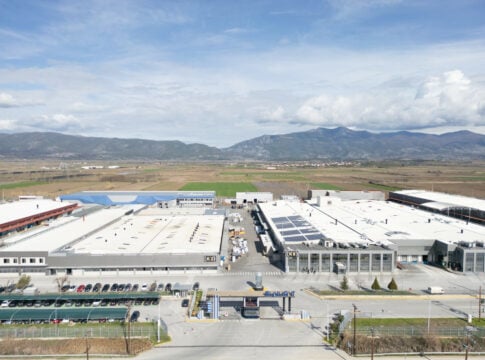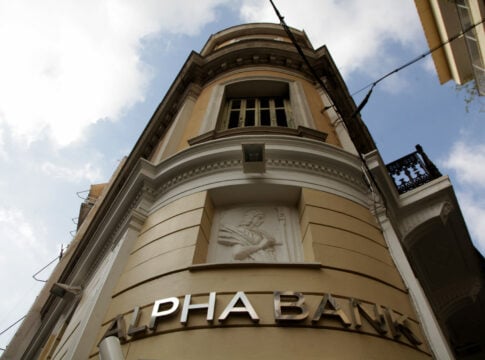The tripartite negotiations of the European Parliament, the European Commission and the European Council were rather difficult, however, a golden mean was finally found, thus avoiding an “austerity budget” in the EU, the chief negotiator for the EU budget, Romanian MEP Victor Negrescu, said in reply to a question from “N” in Strasbourg.
Negrescu, responding to a question from Naftemporiki, noted that the negotiations were held in a difficult climate, adding that on Friday night “we stopped the negotiations so that they do not fail and we continued on Saturday.” In general, “we consider that the result was quite satisfactory, as we managed to avoid the austerity budget proposed by the Council.”
Victor Negrescu led, on behalf of the European Parliament, the discussions between the Parliament and the Council of the European Union, which resulted in a provisional agreement on 16 November, after 19 hours of negotiations. This agreement sets out financial commitments of around 200 billion euros.
Flagship program cuts
The Council initially proposed 1.5-billion-euro cuts, including for major programs such as Horizon Europe (-400 million), the digital strand and the Connecting Europe (-110 million), InvestEu (-30.7 million), Erasmus+ (-294.8 million), and the Citizens, Equality, Rights and Values program (-33.7 million).
These cuts had alarmed the European Parliament, with reactions from all eurogroups, who spoke of an “austerity budget” due to the cuts to the EU’s flagship programs.
The 2025 budget represents an increase of 10.5 billion euros compared to 2024, with around 6% additional funding allocated to key EU programs, but still remaining lower than in several member states.
Natural disasters
The amount of 3 billion euros will be available to support regions affected by natural disasters, with Member States being able to use up to 10% of existing cohesion policy funds for prevention and recovery from such disasters. We have seen this in Romania, but also with the recent floods in Spain and Central Eastern Europe, as well as with the fires that have occurred in our country in recent years.
“The Parliament reached a strong agreement on a 200-billion-euro EU budget for 2025, which marks a 6% increase compared to the previous year. After many days of negotiations, I am pleased to announce increases in funding for education, health, civil protection, research, border protection, agriculture, anti-corruption initiatives, Schengen expansion, social policies and humanitarian aid. We have also secured 3 billion euros from cohesion funds for flood-hit countries in Central and Eastern Europe. These achievements show that at European level we can find clear and common solutions to EU challenges and citizens’ expectations.”


